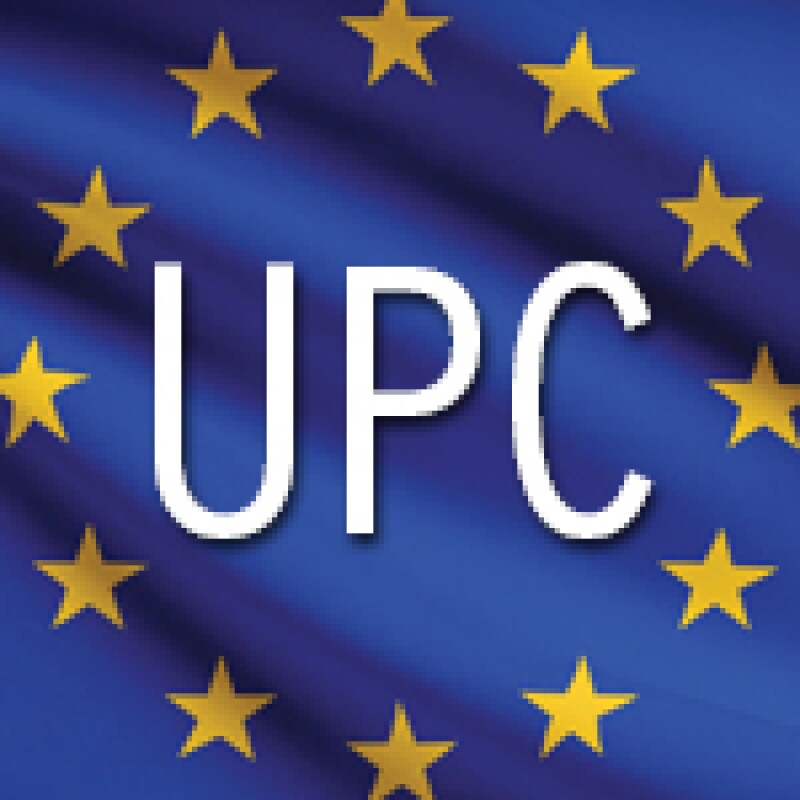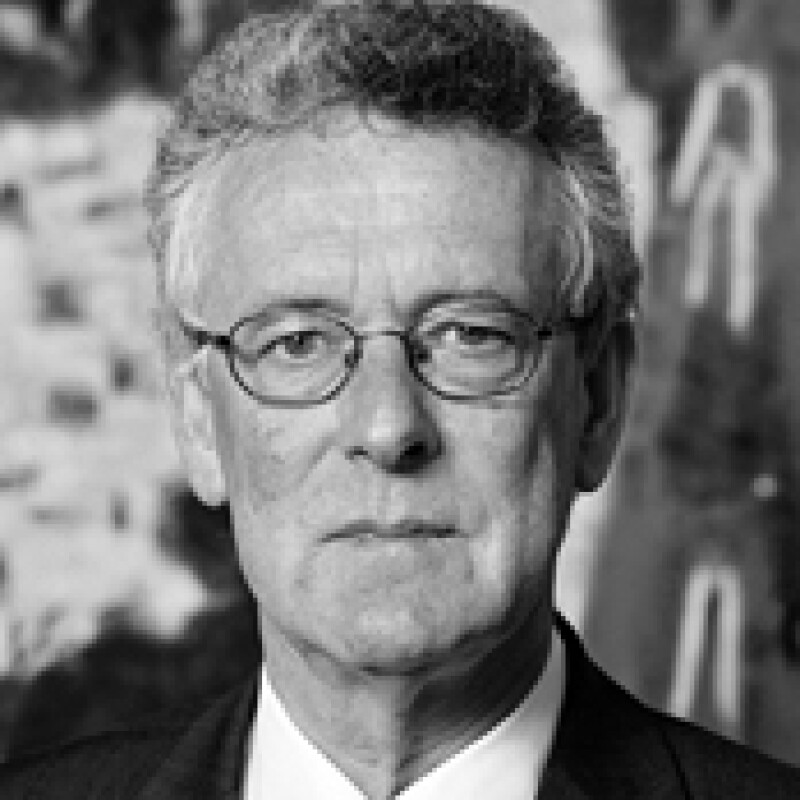Today’s oral hearing provides an opportunity for some 70 invited representatives of companies, organisations and courts to comment on the latest version of the Rules of Procedure. The hearing can also be viewed via the ERA webcast.
The injunction gap

As we have previously reported, the 17th version of the Draft was broadly welcomed, in particular by those in the IT and telecoms industries who had expressed concerns about the so-called injunction gap – that is, the risk of injunctions being granted before patent validity has been properly tested.
A number of changes to the Rules addressed this concern by limiting the scope for bifurcation: while it is still possible for validity and infringement to be heard by different divisions of the UPC, rules have been proposed to transfer or stay cases in certain circumstances. However, the rules on injunctions themselves were not significantly revised: in particular, there is no eBay-style bar on injunctions being granted.
Many in the IT industry would still like to see such a bar, and I expect some people will argue for that today. But on balance they are happy with the compromises reached, and I believe would broadly support the Rules as now drafted.

Other issues that might be raised today include the language of proceedings, and when that can be changed, and who can represent clients before the Court. More generally, there are likely to be questions about the balance between setting rigid rules and giving judges discretion to make decisions based on the facts before them.
But today’s hearing and any debate that follows represent the final straight in a long race to draft the rules, in which the group of experts led by Kevin Mooney (left) is widely thought to have done a good job. There are likely to be only minor changes now before the Rules are signed off by member states in the first half of next year.
Disappointment regarding fees
Unfortunately, other aspects of the new system appear to have made far less progress. Work is underway on the court infrastructure, including buildings, IT and staffing, and on appointing the judges. The biggest disappointment so far has been regarding the fees, and in particular the annuity fees that will have to be paid for Unitary Patents.
As we have noted before, the participating member states seem to be struggling to reconcile the twin aims of making the fees attractive while ensuring that national offices do not lose out. It looks like we are not going to see any announcement until at least the middle of next year, which is a pity given that people are planning budgets now.
“I’m afraid that if the fees are more than three or four countries, then the system will hardly be used.”
Even worse, however, there are increasing concerns among practitioners I have spoken to that the costs will be higher than anticipated, and crucially could be higher than the cost of protection in a few key European markets, such as France, Germany and the UK (and remember that key markets, including Italy, Spain, Switzerland and Turkey, will not be covered by Unitary Patents).
As one in-house counsel in the biotech industry told me this week: “I’m afraid that if the fees are more than three or four countries, then the system will hardly be used.” Another in-house attorney, in the IT sector, had a similar perspective: “We want to use the system and we will use it for some of our patents. But how many we put in will completely depend on the cost.”
It is tempting to contrast the progress made on the Rules, by a group of patent lawyers and judges essentially volunteering their time, with the inertia on the costs discussions, which are being held by representatives of member state governments under the auspices of the EPO.
Those representatives met for the 10th time in Munich last month and reported that work on the fees will continue. It’s worth restating that the primary aim of the enormous task of introducing a Unitary Patent and Unified Patent Court was to cut costs for business. If that is not going to be achieved, then all the rest of the work will be in vain.
Look out for a report on today’s hearing on managingip.com tomorrow.









